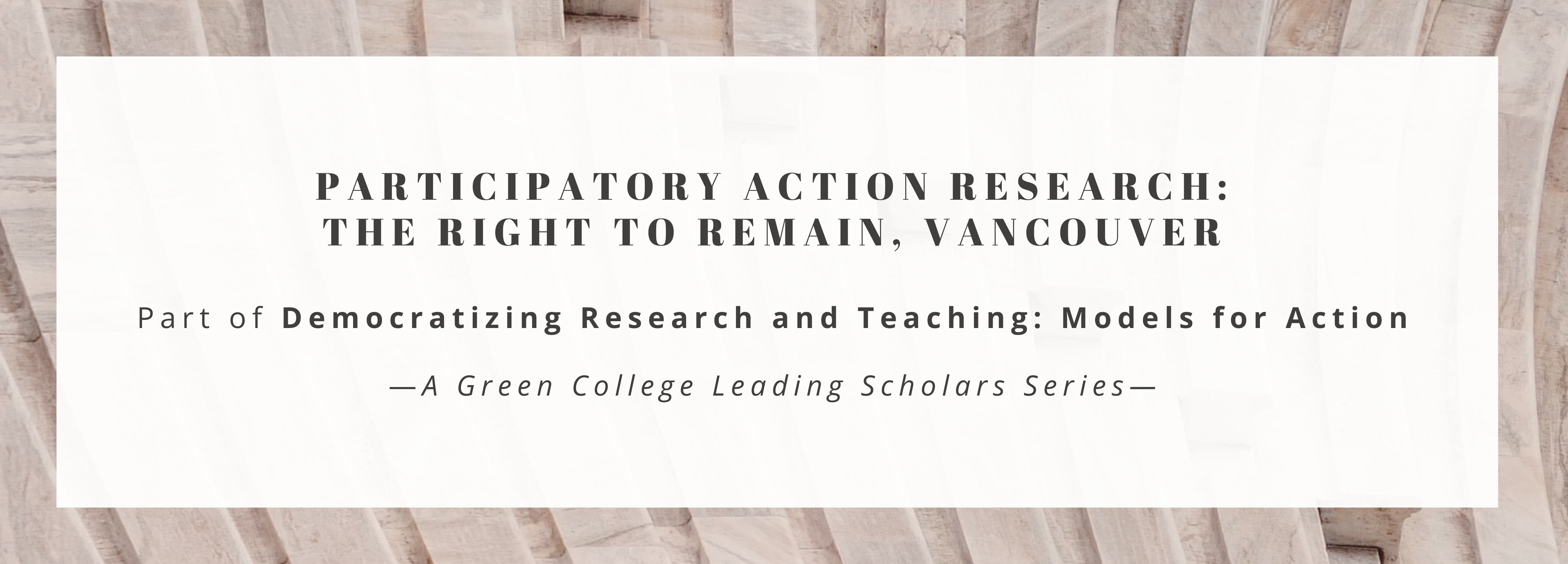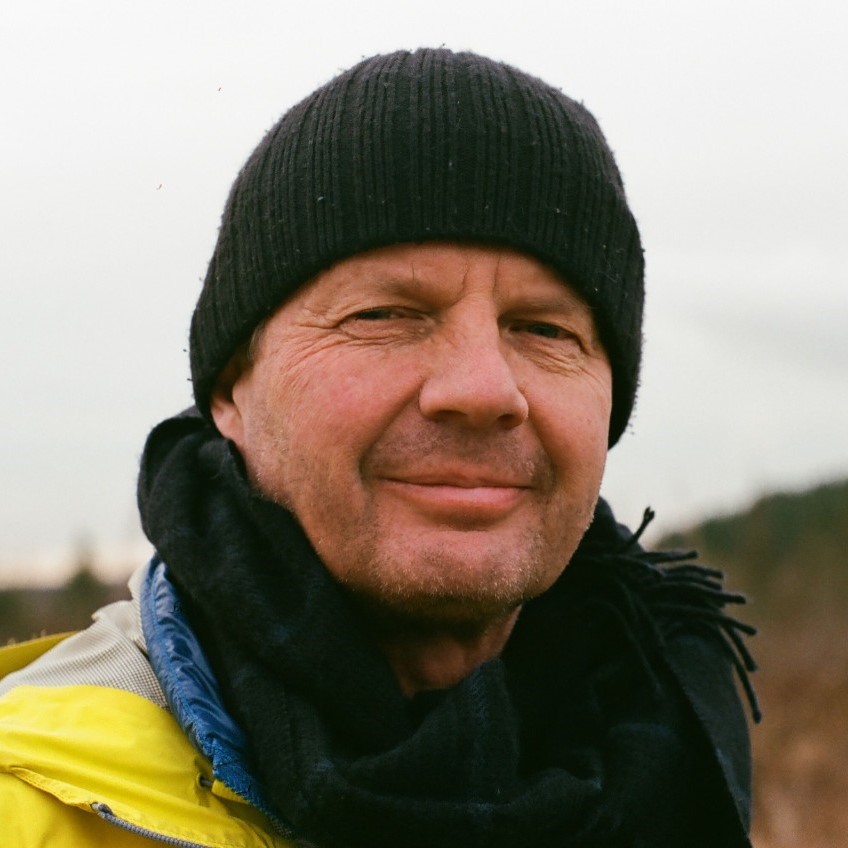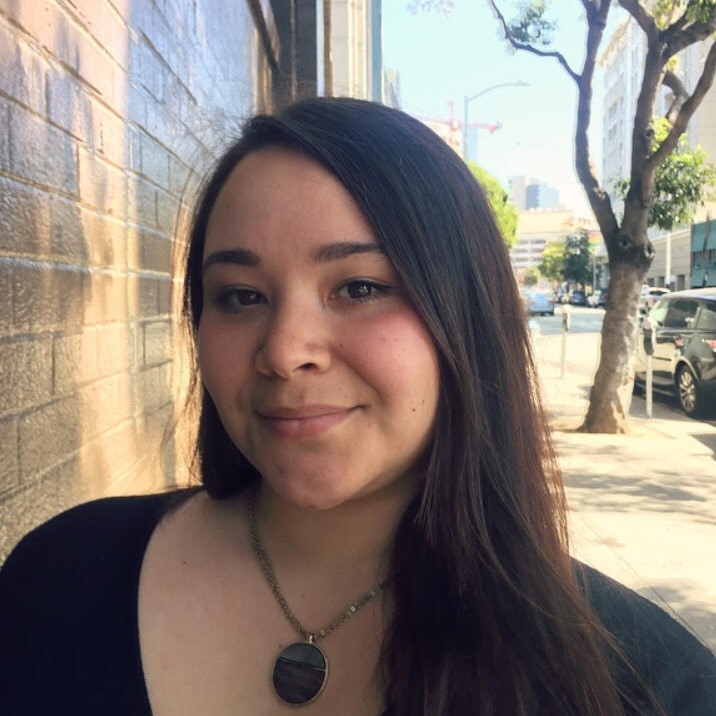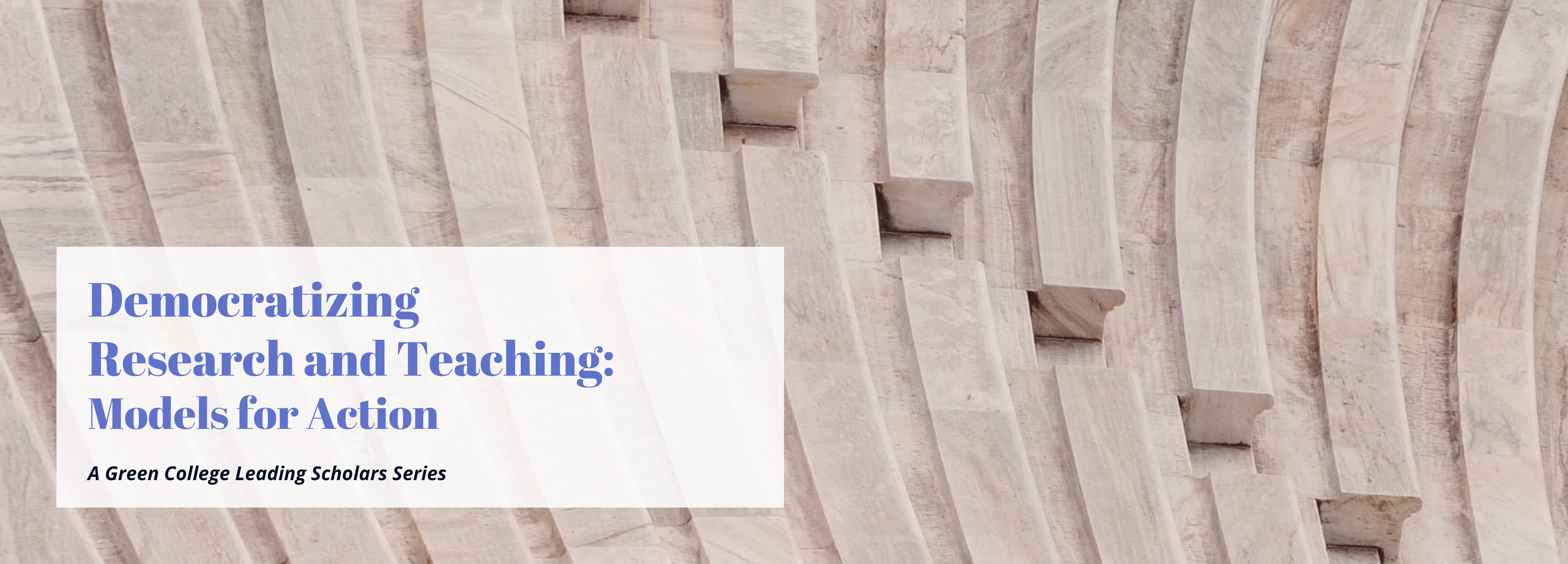Participatory Action Research: The Right to Remain, Vancouver

-
Aaron Bailey, Eastside Illicit Drinkers Group for Education, The Right to Remain Research Collective, and Kinesiology, Queen's University; Nicholas Blomley, Geography, Simon Fraser University; and Marina Chavez, Geography, Simon Fraser University; with Alexandra Flynn, Law
Coach House, Green College, UBC, and livestreamed
Thursday, November 24, 5-6:30pm, with reception to followin the series
Democratizing Research and Teaching: Models for Action -
The Right to Remain (R2R) is a research project in Vancouver led by tenants to support their right to safe and healthy housing in the Downtown East Side. In this session, members of the R2R collective will discuss relationship building between academic and tenant researchers, ethical considerations in collaborative work, and strategies to conduct research for community organizing. Join us in the final session of the Democratizing Research and Teaching: Models for Action series to learn and think about how to democratize knowledge production and dissemination.
 Aaron Bailey is a Program Coordinator with the Eastside Illicit Drinkers Group for Education (EIDGE) and member of The Right to Remain Research Collective. He is also a third-year Master's student in Health Promotion within the School of Kinesiology and Health Studies at Queen's University under the supervision of Dr. Jeff Masuda. In addition to supporting The Right to Remains' archival research and organizing, his research explores the historical relationship between alcohol policy and dispossession in the Downtown Eastside, with a specific focus on mobilizing this history to support peer-led alcohol harm reduction organizing in the neighborhood today.
Aaron Bailey is a Program Coordinator with the Eastside Illicit Drinkers Group for Education (EIDGE) and member of The Right to Remain Research Collective. He is also a third-year Master's student in Health Promotion within the School of Kinesiology and Health Studies at Queen's University under the supervision of Dr. Jeff Masuda. In addition to supporting The Right to Remains' archival research and organizing, his research explores the historical relationship between alcohol policy and dispossession in the Downtown Eastside, with a specific focus on mobilizing this history to support peer-led alcohol harm reduction organizing in the neighborhood today. Nicholas Blomley is a Professor of Geography at Simon Fraser University. Nicholas has a long standing interest in legal geography, particularly in relation to property. He is interested in the spatiality of legal practices and relationships, and the worldmaking consequences of such legal geographies. Much of my empirical work concerns the often oppressive effects of legal relations on marginalized and oppressed people. Recent and current research projects, often in collaboration with others, include a) the analysis of ‘rental precarity’ in Greater Vancouver; b) the study of court-imposed ‘red zones’ imposed on street-involved people and protestors in Montreal and Vancouver; c) the dispossession of Japanese-Canadians in the 1940s; d) a community-based project creating tenant-led research into precarious housing conditions in Vancouver’s most vulnerable population and e) the governance of poor people’s possessions by private and public regulators in Canadian cities. He is also trying to unpack the relationship between territory and property, and is interested in the practice of urban commoning. Past research has focused on topic such as gentrification, panhandling, urban gardening, and indigenous-state treaties.
Nicholas Blomley is a Professor of Geography at Simon Fraser University. Nicholas has a long standing interest in legal geography, particularly in relation to property. He is interested in the spatiality of legal practices and relationships, and the worldmaking consequences of such legal geographies. Much of my empirical work concerns the often oppressive effects of legal relations on marginalized and oppressed people. Recent and current research projects, often in collaboration with others, include a) the analysis of ‘rental precarity’ in Greater Vancouver; b) the study of court-imposed ‘red zones’ imposed on street-involved people and protestors in Montreal and Vancouver; c) the dispossession of Japanese-Canadians in the 1940s; d) a community-based project creating tenant-led research into precarious housing conditions in Vancouver’s most vulnerable population and e) the governance of poor people’s possessions by private and public regulators in Canadian cities. He is also trying to unpack the relationship between territory and property, and is interested in the practice of urban commoning. Past research has focused on topic such as gentrification, panhandling, urban gardening, and indigenous-state treaties. Marina Chavez is a Master's student in the Department of Geography at Simon Fraser University. She is focused on understanding the law's role in regulation and the social construction of poverty. Before coming to Vancouver, Marina worked in research and organizing to prevent encampment sweeps in in the Sacramento/Bay Area Regions of California. The experiences in California paired with that of her own family led her to pursue a Master's degree at SFU where she could use her experience to continue to advocate and collaborate with organizers seeking housing and economic justice. Currently, Her research focuses on understanding the role of tenant belongings in building trust, relationships and autonomy within the precarity of SRO hotels. Her research on belongings and hoarding emphasizes the role of SRO tenants in current and future processes of home and world making. Marina's goal is to pursue transparent peer-based research that centers participant voices to understand how home is constructed and threatened through belongings.
Marina Chavez is a Master's student in the Department of Geography at Simon Fraser University. She is focused on understanding the law's role in regulation and the social construction of poverty. Before coming to Vancouver, Marina worked in research and organizing to prevent encampment sweeps in in the Sacramento/Bay Area Regions of California. The experiences in California paired with that of her own family led her to pursue a Master's degree at SFU where she could use her experience to continue to advocate and collaborate with organizers seeking housing and economic justice. Currently, Her research focuses on understanding the role of tenant belongings in building trust, relationships and autonomy within the precarity of SRO hotels. Her research on belongings and hoarding emphasizes the role of SRO tenants in current and future processes of home and world making. Marina's goal is to pursue transparent peer-based research that centers participant voices to understand how home is constructed and threatened through belongings..jpg) Alexandra Flynn is an Associate Professor in Law, UBC. Her teaching and research focus is on municipal law and governance, administrative law, property law, and experiential education. She has published numerous peer-reviewed papers, public reports, media articles, and a book on how cities are legally understood in law and how they govern, including the overlapping geographies and governance of city spaces, and the formal and informal bodies that represent residents. She is currently working on a SSHRC-funded project which seeks to understand the legal relationship between First Nations and municipal governments, illuminating the legal obligations of municipal governments to consult and accommodate First Nations and Indigenous peoples. She is also working on several projects related to precariously housed people in Canadian cities, including the governance of personal property of precariously housed people, and human rights and tent encampments.
Alexandra Flynn is an Associate Professor in Law, UBC. Her teaching and research focus is on municipal law and governance, administrative law, property law, and experiential education. She has published numerous peer-reviewed papers, public reports, media articles, and a book on how cities are legally understood in law and how they govern, including the overlapping geographies and governance of city spaces, and the formal and informal bodies that represent residents. She is currently working on a SSHRC-funded project which seeks to understand the legal relationship between First Nations and municipal governments, illuminating the legal obligations of municipal governments to consult and accommodate First Nations and Indigenous peoples. She is also working on several projects related to precariously housed people in Canadian cities, including the governance of personal property of precariously housed people, and human rights and tent encampments. 
Much of research and teaching is designed and determined by a small group of people who are located within academic institutions. It is ironic that accessing and engaging in academic knowledge is a privilege afforded to only a few, when the overall goal is that research and teaching should be transformative to all of society. Participatory research and teaching takes us a step closer to challenging the status quo by decentering the role of the academic expert and democratizing knowledge production.
How can we engage with students and community members in knowledge creation and dissemination? What role should learners and community members play in generating knowledge and research that informs curriculum and our understanding of the world? This series considers the practical and ethical aspects of community engagement as we research and teach matters of community interest. The organizers explore the intricacies of participatory research and teaching in a three-part series engaging researchers, community members and people with lived experience, with the goal to stimulate conversation and new ideas for research and teaching.
Series Conveners: Sam Beswick, Law, UBC; Kristen Haase, Nursing, UBC; Priti Narayan, Geography, UBC; Julia Schmidt, Occupational Science and Occupational Therapy, UBC; and Renren Yang, Asian Studies, UBC

-
Unless otherwise noted, all of our lectures are free to attend and do not require registration.
6201 Cecil Green Park Rd
Green College, UBC
Vancouver, BC V6T 1Z1
Canada
Custom Lecture Fields
|